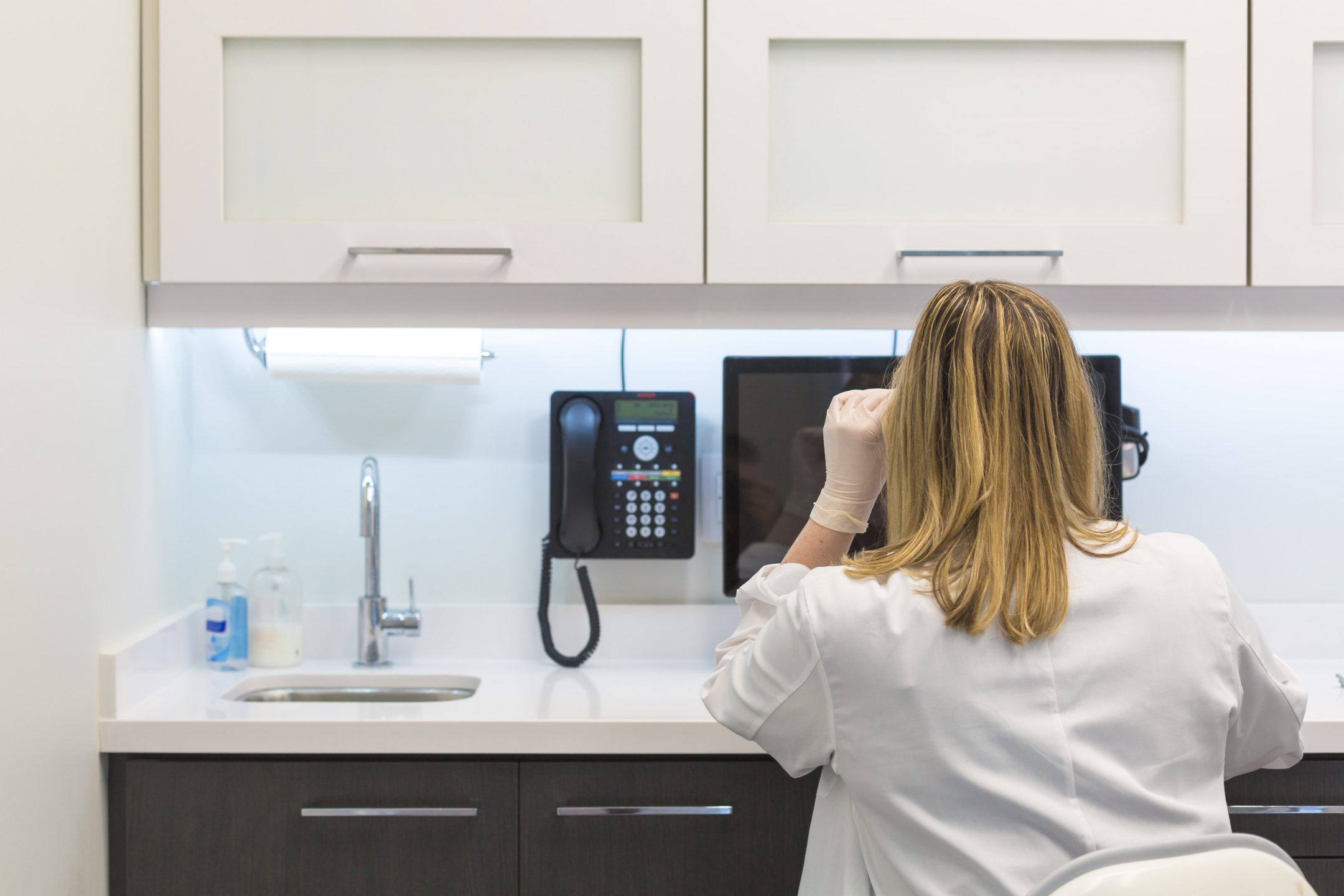The month of June is Brain Injury Awareness Month. According to Brain Injury Canada, 160,000 Canadians suffer a brain injury annually and these numbers are on the rise.
Approximately 50% of all acquired brain injuries (brain damage caused by events after birth, rather than as part of a genetic or congenital disorder) in Canada result from falls and motor vehicle accidents.
Approximately 30% of all traumatic brain injuries (brain damage caused by an external force to the head) are suffered by children and youth, usually while participating in sports and recreational activities.
Brain injuries can be caused by many factors including motor vehicle accidents, falls, sports injuries, physical abuse, and alcohol related incidents. A traumatic blow to the head can lead to the interruption of brain functioning, resulting in various symptoms such as confusion, forgetfulness, headaches with associated symptoms, behavioural concerns, and emotional issues (including depression).
These serious injuries typically have a dramatic effect on the lives of both the victims and their families. Fortunately, recent advancements, such as the “Brain Trauma Indicator” may revolutionize the diagnosis of brain injuries.
WHAT IS THE BRAIN TRAUMA INDICATOR?
The United States Food and Drug Administration (FDA) has approved the marketing of the first blood test called the “Brain Trauma Indicator” (“BTI”) to help doctors diagnose mild traumatic brain injuries.
Banyan Biomarkers has developed the blood test and is now working towards finding a way to diagnose concussions.
The BTI measures the levels of two proteins (UCH-L1 and GFAP) present in brain cells that can leak into the bloodstream following a blow to the head. This test is designed to help doctors quickly determine which patients with suspected concussions may have brain bleeding or other brain injury. The plasma concentrations of these proteins can indicate whether a patient who has experienced a head injury has intracranial lesions (ie. brain bleeds). The BTI can predict the presence or absence of intracranial lesions with 99% accuracy if administered within 12 hours following an injury.
Thus, patients with negative blood tests can avoid unnecessary CT scans and radiation exposure. Patients who receive a positive test would require a CT scan to confirm the results and determine whether surgery or other forms of treatment are required.
Although the BTI is not sensitive enough to rule out concussions, it is a step in the right direction. Its approval will open the door for further research and development that will hopefully one day be able to identify concussions from a simple blood test.
HOW IS A BRAIN INJURY CURRENTLY DIAGNOSED?
A patient who is suspected of having suffered a head injury is examined using a neurological scale referred to as the 15-point Glasgow Coma Scale (“GCS”). This test is used by trained staff at the site of an injury, such as a car accident or sports facility, and in the emergency department and intensive care units in a hospital.
The GCS measures the eye opening, verbal response and motor response in a patient to objectively record the initial and subsequent level of consciousness. In general, a GCS score of 8 or less indicates a severe brain injury; a score of 9-12 indicates a moderate brain injury; and a score of 13-15 indicates a mild brain injury.
Mild brain injuries can result in temporary or permanent neurological symptoms, whereas moderate to severe brain injuries often result in long-term impairments in cognition, physical skills and/or emotional/behavioural functioning.
Following an examination, a health care provider may order a computed tomography (“CT”) scan of the head to detect brain tissue damage, intracranial lesions or a fracture in the skull. Currently, the presence of intracranial lesions can only be detected using CT scans, which are expensive and expose a patient to radiation.
The majority of patients who undergo a CT scan do not have any detectable intracranial lesions. Thus, the availability of the BTI will help health care professionals rule out the need for CT scans and reduce unnecessary radiation exposure to patients.
If you or a loved one have suffered a head injury as the result of an accident, contact the experienced and award winning lawyers at Cuming & Gillespie LLP today. It is important that you call us promptly so we can help you understand your rights and the potential to recover compensation for your injuries. Contact our office today online or at 403-571-0555 for a free initial consultation.

